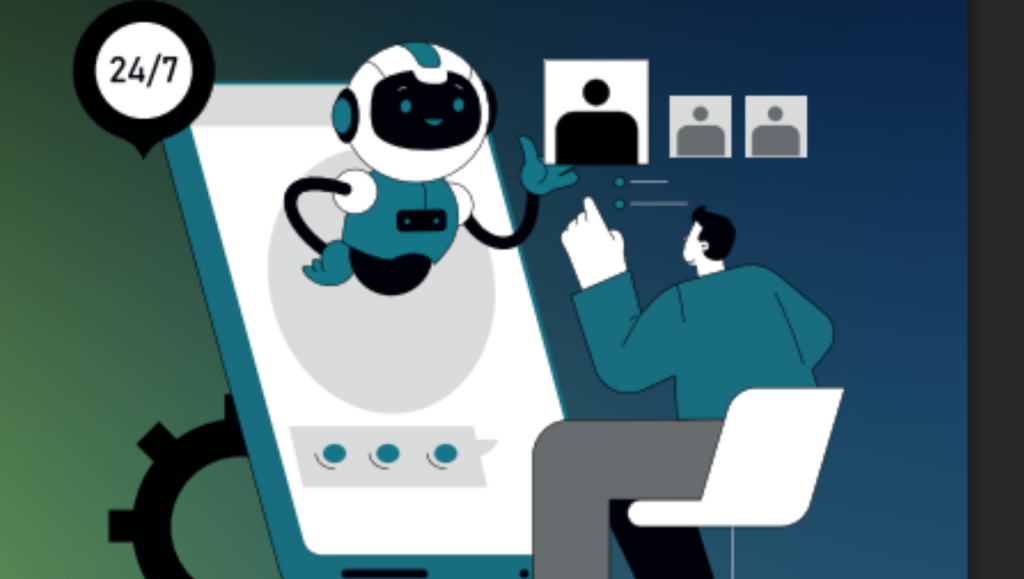In today’s data-saturated world, more dashboards no longer mean better decisions.This white paper was released by Practus, in collaboration with Pathsetter AI, to highlight how enterprise intelligence powered by Generative AI is rapidly evolving from a reporting function into a real-time, outcome-driven strategy engine.

The report introduces Disrupt IQ, a next-gen analytics platform designed to help CXOs and business leaders move beyond data overload and toward intelligent decision-making that delivers measurable business value.
Rethinking Decision-Making in the Age of AI
Traditional Business Intelligence tools often focus on past performance and static dashboards. But in a fast-moving, hyper-competitive environment, businesses need real-time, predictive, and automated decision-making.
That’s the core of Enterprise Intelligence (EI)—an evolved approach that combines Gen AI, machine learning, and real-time analytics to drive sharper decisions and uncover hidden opportunities. Unlike BI, which looks backward, EI looks ahead, helping enterprises proactively shape outcomes.
Cutting Through Data Noise with Gen AI
A key pain point for businesses today is information overload. According to a 2024 Oracle survey, 86% of leaders say too much data complicates decisions, and 70% prefer automation for clarity.
Gen AI steps in to process vast datasets, identify patterns, and generate natural-language insights—all in real time. It enhances everything from budget planning and fraud detection to customer engagement and supply chain forecasting.
Real-World Impact: From Coca-Cola to Klarna
The white paper highlights how companies are already unlocking tangible benefits:
- Coca-Cola used Gen AI to streamline global content creation—reducing costs by 25%, increasing local content output by 300%, and improving team satisfaction by 22%.
- Klarna deployed Gen AI in customer service, resolving 67% of queries without human help and cutting response times by 78%.
These examples show that when Gen AI is treated as a collaborator—not a replacement—it augments human capabilities and drives innovation.
Making It Count: The Shift to Outcomes
The report urges businesses to move beyond experimentation. Success isn’t just about technical implementation—it’s about measurable impact. Enterprises must align Gen AI initiatives with clear KPIs—like cost reduction, revenue growth, customer satisfaction, and error reduction.
The emerging model? Outcomes as a Service (OaaS)—where AI deployments are judged by business results, not just uptime or feature sets.
The Way Forward
Adopting Gen AI requires more than tech—it needs strategic alignment, continuous learning, ethical governance, and cross-functional collaboration. In this evolving landscape, the winners will be those who don’t just adopt Gen AI but embed it into the fabric of enterprise strategy.
In short, Gen AI is no longer just a tool—it’s the engine powering the next frontier of enterprise intelligence.